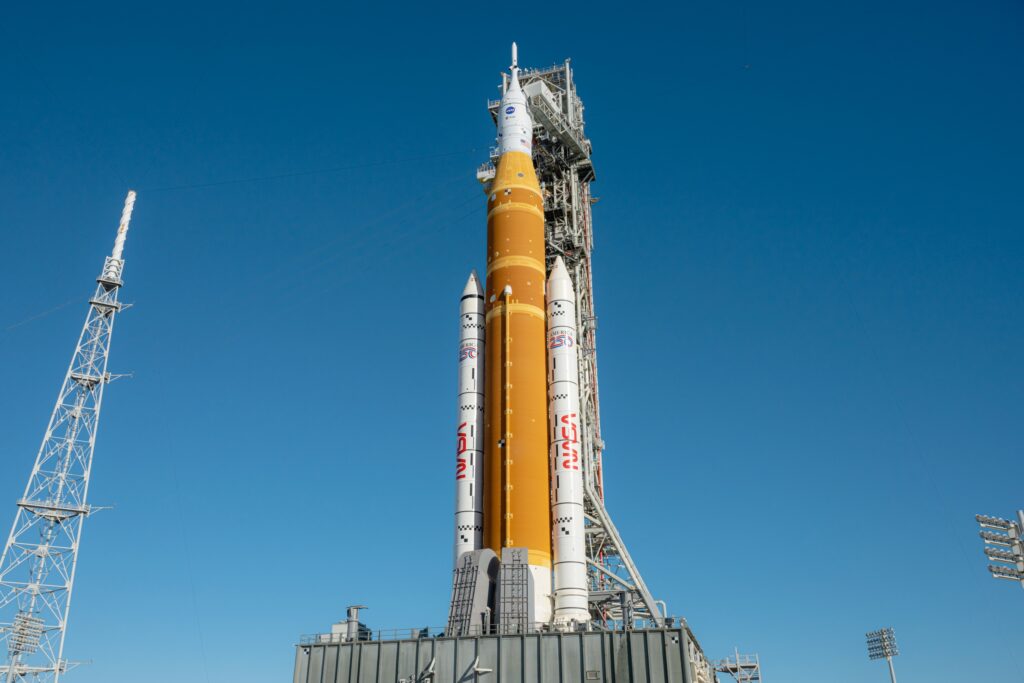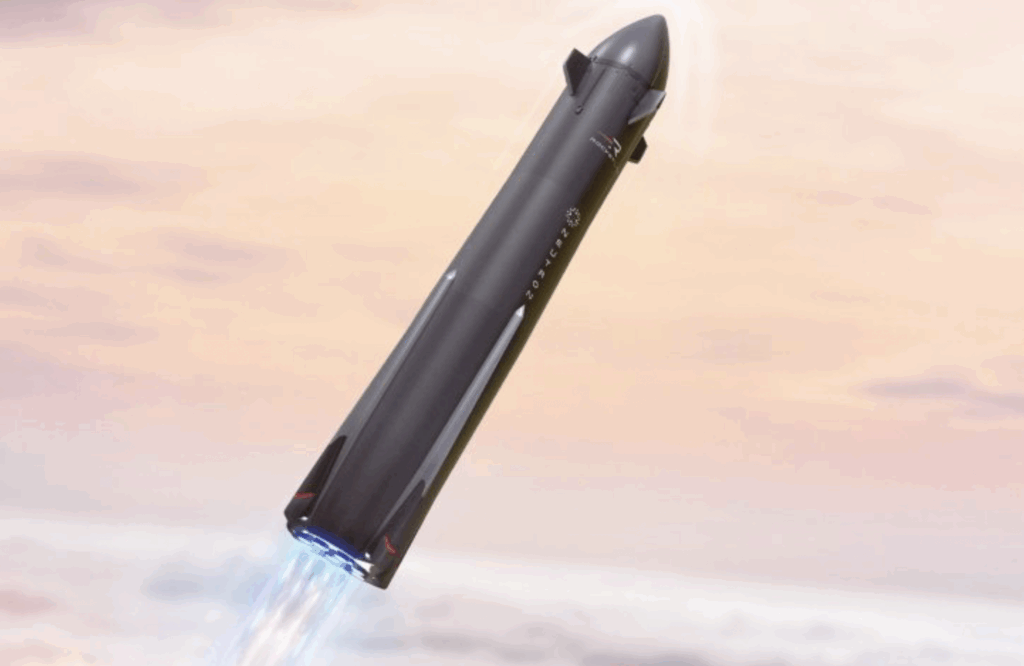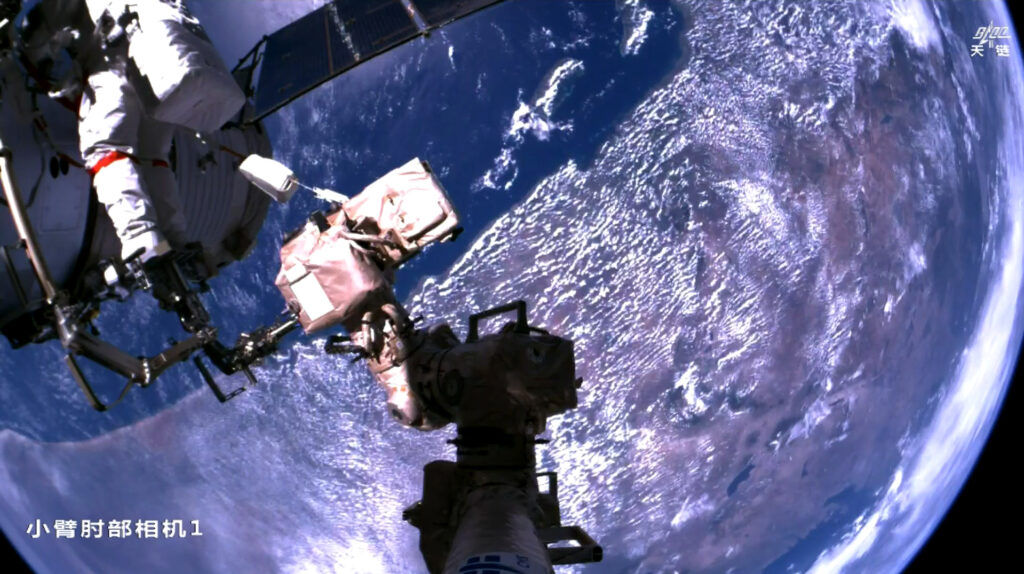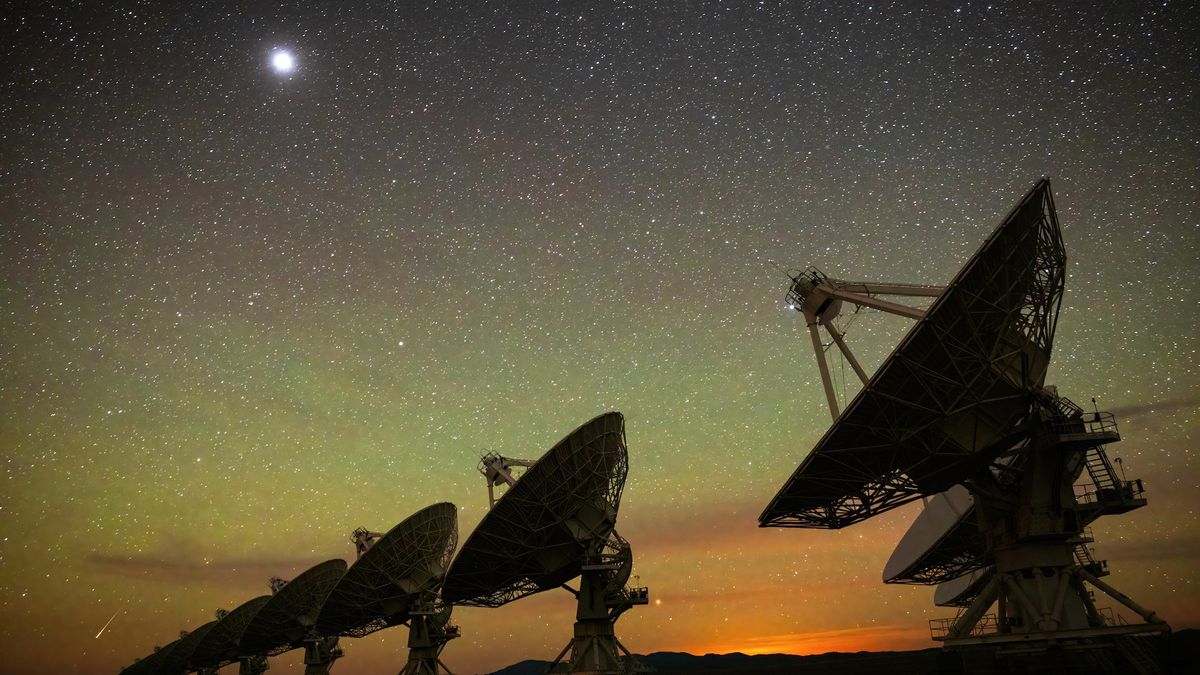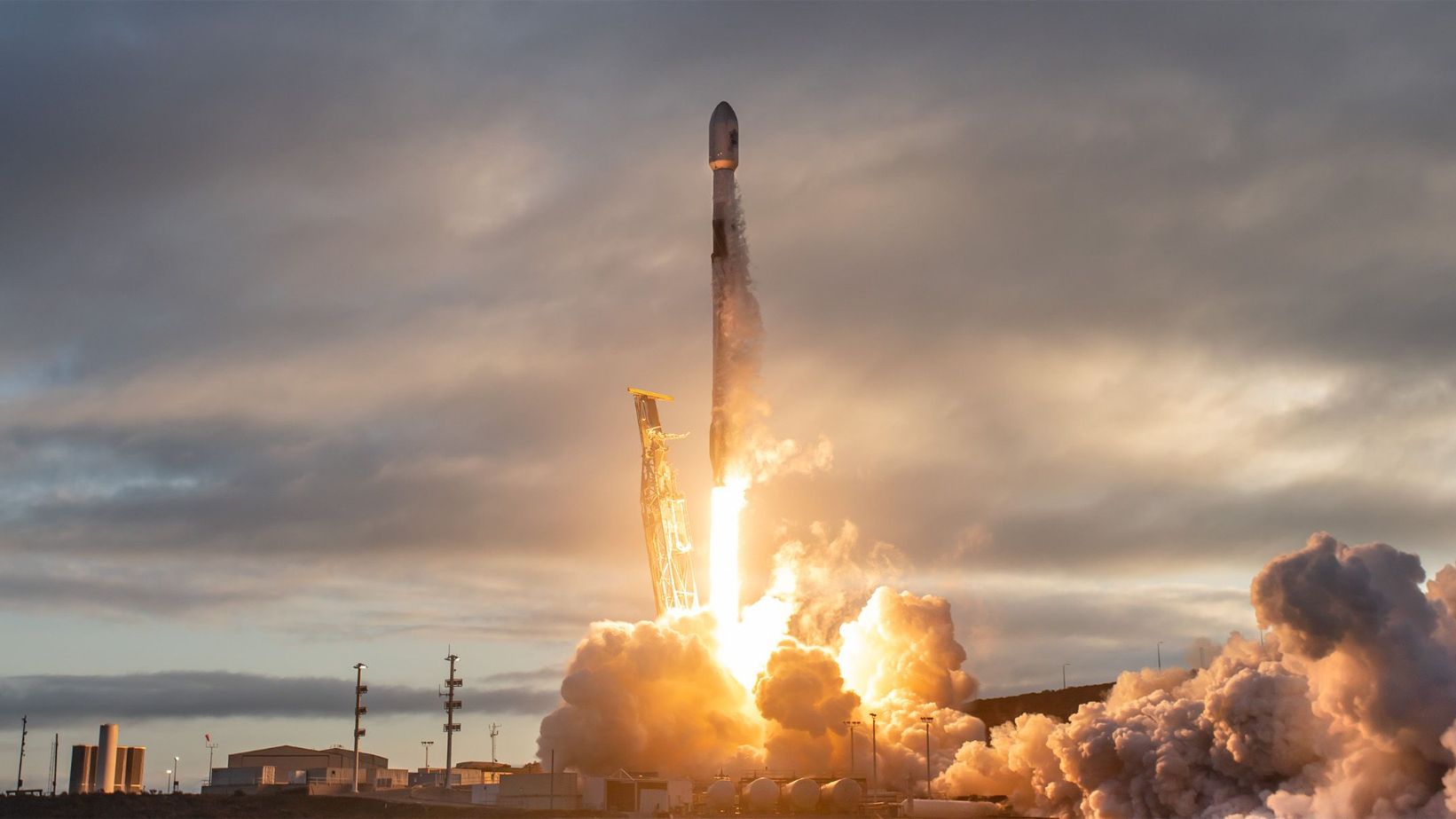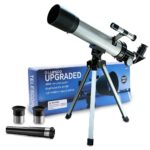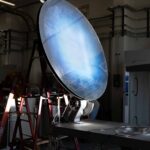Now Reading: German launch startup HyImpulse raises 45 million euros
-
01
German launch startup HyImpulse raises 45 million euros
German launch startup HyImpulse raises 45 million euros
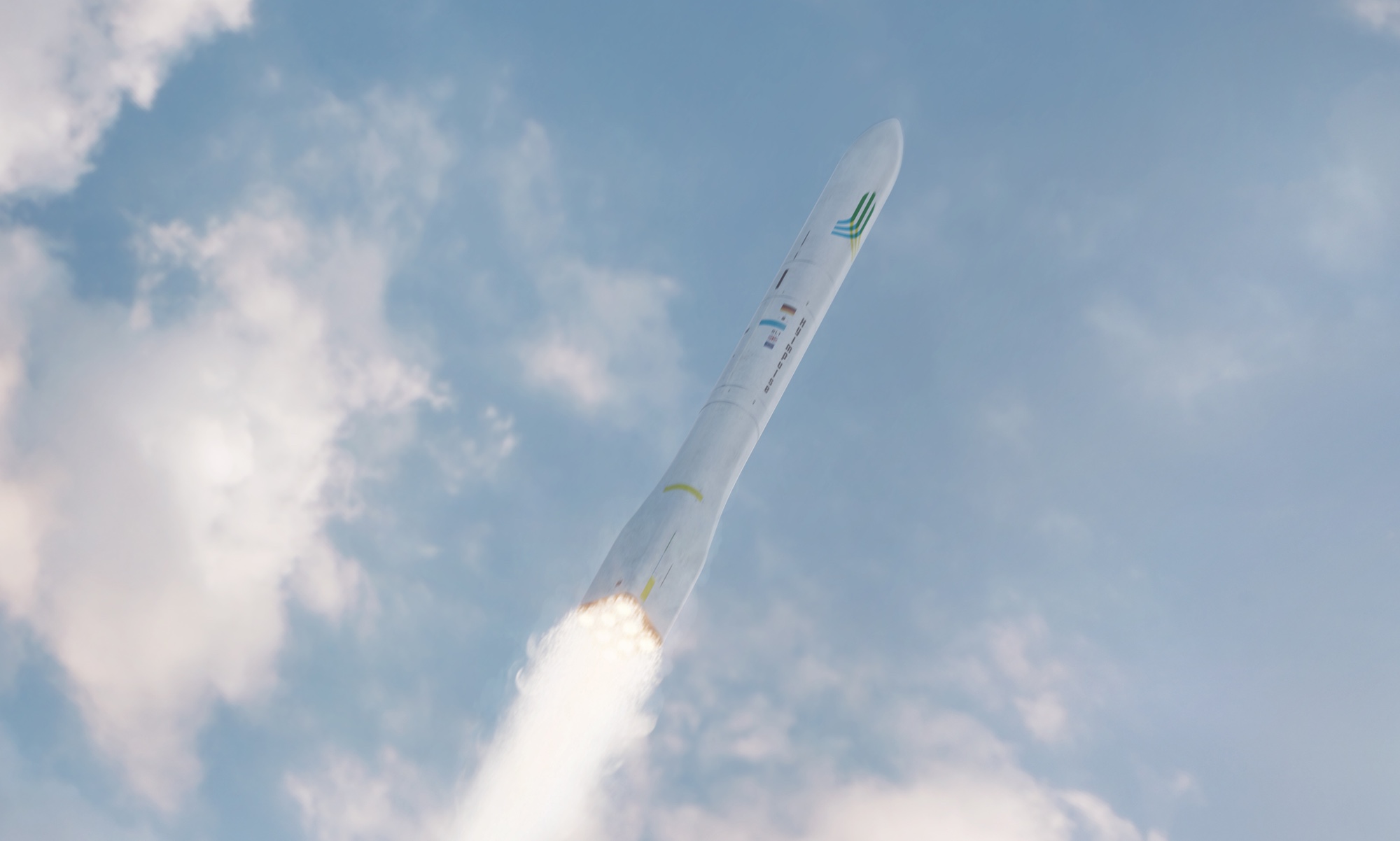

WASHINGTON — German launch startup HyImpulse has raised 45 million euros ($53 million) as it works to avoid becoming an also-ran in the European space launch race.
HyImpulse announced Oct. 16 that it secured 15 million euros in a Series A equity round and 30 million euros in public funding. Campus Founders Ventures led the equity round, with participation from several other investors. A company spokesperson said the public funds include grants and other financial support from European space programs for technology development and infrastructure.
“With this injection of capital, we will accelerate the commercialization of our orbital rocket, making Europe more independent and competitive,” Christian Schmierer, HyImpulse co-founder and chief executive, said in a statement.
HyImpulse is developing the Small Launcher 1 (SL1), a rocket designed to place up to 600 kilograms into low Earth orbit. The company projects the first SL1 launch to occur no earlier than 2027.
A company spokesperson said the new funding will support key milestones for SL1’s first orbital launch, including engine qualification and scaling up production. HyImpulse, which has raised 74 million euros to date, did not say whether it will need to raise additional funds before that first flight.
The SL1 uses hybrid propulsion technology with liquid oxygen and paraffin propellants, a system demonstrated on the company’s suborbital SR75 rocket. That rocket completed a test flight from South Australia in May 2024, and HyImpulse expects to begin commercial SR75 launches in 2026.
“HyImpulse has already made space history,” Oliver Hanisch, chief executive of Campus Founders Ventures, said in a statement, referring to the SR75 flight. “The company addresses a geopolitically crucial market. HyImpulse is a role model for how startups can successfully translate cutting-edge research and deep tech into marketable products.”
However, HyImpulse faces growing competition from other European small-launch startups. Another German company, Isar Aerospace, conducted its first orbital launch attempt of the Spectrum rocket in March and plans a second attempt later this year or in early 2026. Rocket Factory Augsburg (RFA), also based in Germany, is preparing for the first launch of its RFA One rocket.
The company failed to make the cut in the European Launcher Challenge, a program to support the development of new launch vehicles. The European Space Agency announced in July Isar and RFA from Germany, along with French company MaiaSpace, Spanish company PLD Space and United Kingdom-based Orbex would be “preselected challengers” that are each eligible for up to 169 million euros in launch contracts or funding to develop enhanced vehicles. ESA member states will decide which companies receive funding at ESA’s ministerial conference next month.
HyImpulse remains undeterred. “Europe does not have its own access to space,” Schmierer claimed in the announcement. In reality, Europe currently maintains independent access to space through the Ariane 6 and Vega C launch vehicles.
Asked to clarify, a company spokesperson said Schmierer was referring to smaller payloads. “While Ariane 6 and Vega C serve heavy and medium satellites, European small satellite launches today largely depend on U.S. providers such as SpaceX,” the spokesperson said.
“HyImpulse aims to address this gap by developing and offering a dedicated, cost-efficient European alternative with responsive and quickly available launch slots,” the spokesperson added, a goal shared by other European launch startups.
Stay Informed With the Latest & Most Important News
Previous Post
Next Post
-
 01Two Black Holes Observed Circling Each Other for the First Time
01Two Black Holes Observed Circling Each Other for the First Time -
 02From Polymerization-Enabled Folding and Assembly to Chemical Evolution: Key Processes for Emergence of Functional Polymers in the Origin of Life
02From Polymerization-Enabled Folding and Assembly to Chemical Evolution: Key Processes for Emergence of Functional Polymers in the Origin of Life -
 03Astronomy 101: From the Sun and Moon to Wormholes and Warp Drive, Key Theories, Discoveries, and Facts about the Universe (The Adams 101 Series)
03Astronomy 101: From the Sun and Moon to Wormholes and Warp Drive, Key Theories, Discoveries, and Facts about the Universe (The Adams 101 Series) -
 04True Anomaly hires former York Space executive as chief operating officer
04True Anomaly hires former York Space executive as chief operating officer -
 05Φsat-2 begins science phase for AI Earth images
05Φsat-2 begins science phase for AI Earth images -
 06Hurricane forecasters are losing 3 key satellites ahead of peak storm season − a meteorologist explains why it matters
06Hurricane forecasters are losing 3 key satellites ahead of peak storm season − a meteorologist explains why it matters -
 07Binary star systems are complex astronomical objects − a new AI approach could pin down their properties quickly
07Binary star systems are complex astronomical objects − a new AI approach could pin down their properties quickly












